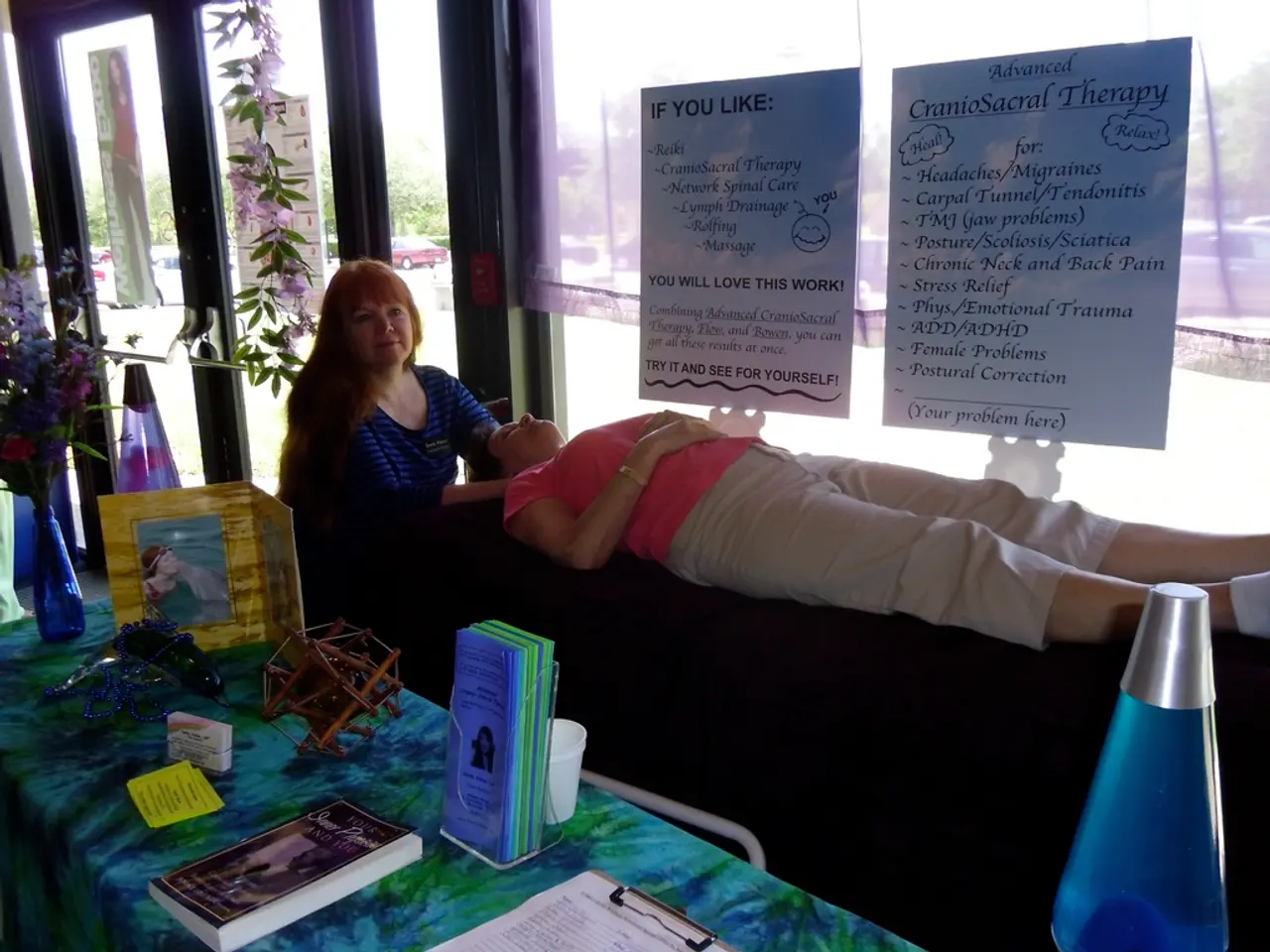Guide for Thriving with a Disability: Strategies for Adaptation and Resilience
Living with a disability can be a complex journey, but there are practical strategies that can help individuals navigate this path more effectively. From creating routines to advocating for accommodations, these tools can empower individuals to manage daily challenges, foster autonomy, and promote emotional well-being.
One of the most important parts of this journey is accepting one's disability. It's essential to remember that there's no one or right way to feel about having a disability, and feelings can change from day to day or moment to moment. Grief, anger, confusion, acceptance, and pride are all valid and honest responses.
Creating routines is a powerful way to reduce stress and increase independence. By breaking down activities into manageable steps, individuals can allow for flexibility and additional time when needed. Using planners, reminders, or assistive technology can enable better organization and task management, fostering a sense of control and predictability in daily life.
Self-compassion is another vital strategy. Recognizing personal limits, accepting challenges without harsh self-judgment, and engaging in mindfulness or relaxation techniques such as deep breathing or meditation can help manage emotional distress and prevent burnout.
Advocacy is crucial for accessing accommodations and support. This includes communicating personal needs clearly in work, school, or healthcare settings, seeking necessary assistive tools or home modifications (like grab bars or adaptive equipment), and participating in community or peer-advocacy groups to strengthen self-efficacy and resilience.
Staying connected to supportive people—whether family, friends, caregivers, support groups, or mental health professionals—provides emotional validation and practical assistance. Social engagement reduces feelings of isolation and promotes a sense of belonging, which is vital for well-being.
Resources are abundant for those seeking support. Organisations such as Disability:IN, The ARC, the American Association of People with Disabilities (AAPD), National Council on Independent Living (NCIL), Disability BelongsTM (formerly RespectAbility), and Disability Rights Education and Defense Fund (DREDF) offer a wealth of information, advocacy, and support.
The American Civil Liberties Union (ACLU) and National Disability Rights Network (NDRN) provide legal support for disability rights, while organisations like Yoocan and ILRU (Independent Living Research Utilization) offer a wide range of resources, including services, legal assistance, health and wellness, and more. The ADA National Network also provides information, guidance, and training on the Americans with Disabilities Act (ADA).
Lastly, it's essential to remember that if you don't have this type of support, you deserve it, and it's available to seek out. Disabled adults are more likely to be lonely due to non-inclusive or inaccessible environments, so prioritizing a balanced self-care routine that includes celebrating small wins, taking breaks, and resting when needed is crucial.
By implementing these strategies, individuals with disabilities can empower themselves to manage daily challenges more effectively while fostering autonomy, emotional well-being, and social inclusion.
[1] [Routine creation source] [2] [Staying connected source] [3] [Self-compassion source] [4] [Advocacy source] [5] [Assistive technology source]
Online therapy can be a valuable resource for mental health support during this journey, offering evidence-based interventions and a safe space to process emotions. (health-and-wellness, mental-health)
The science of mental health continues to evolve, and keeping up with the latest research on self-care, stress management, and emotional well-being can help individuals make informed decisions about their mental health (science, mental health).




